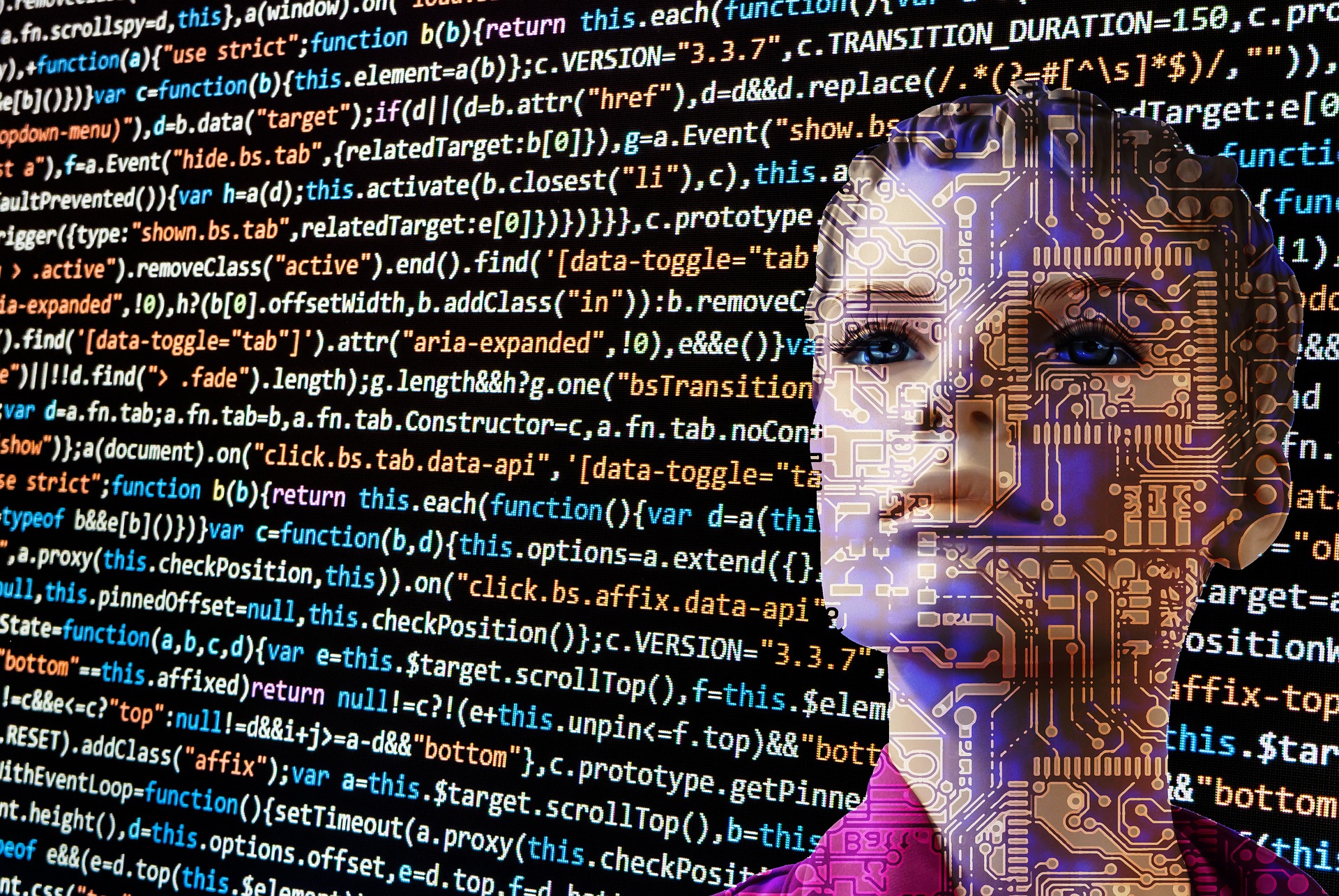Expect More From Artificial Intelligence In 2018

Artificial intelligence is a term used to describe systems or machines that mimic the cognitive functions of human minds, such as learning and problem solving.
The year 2017 saw artificial intelligence bringing the stuff of science fiction closer to reality by not only gaining foothold in all spheres of life, but also getting the better of humans in many fields. From acquiring citizenship to outsmarting humans at complex games, from composing music to writing novels, from assisting doctors to helping fight judicial cases, artificial intelligence (AI) made its presence felt throughout the year.
List of AI that made Headlines in 2017

1. Shimon
Designed by George Tech’s music technology center. Shimon is trained to compose music inspired by the works of great musicians. Sure, Shimon is just the beginning when it comes to AI making good music, but just listen to those jazz-fusion vibes.
Researchers working in this field say this is because the deep learning systems we use to analyze music tend not to be so good at thinking about long-term structure. They analyze the music in short bursts, and the resulting melodies sound quite abstract. It is possible to program in artificial constraints so the programs will produce songs with traditional verse-chorus structures, but at that point it’s not really AI-created music, but AI-human collaboration.
So, although the marimba is a particularly non-threatening instrument, the melody itself is proof that machines have a way to go.

2. Libratus
An AI system called Libratus beat four human players in a Texas Hold 'em Poker marathon match lasting 20 days, winning more than USD 1.5 millions worth of chips.
From January 11 to 31, 2017, Libratus was pitted in a tournament against four top-class human poker players, namely Jason Les, Dong Kim, Daniel McAulay and Jimmy Chou. In order to gain results of more statistical significance, 120,000 hands were to be played, a 50% increase compared to the previous tournament that Claudico played in 2015. To manage the extra volume, the duration of the tournament was increased from 13 to 20 days.
Libratus was built with more than 15 million core hours of computation as compared to 2-3 million for Claudico. The computations were carried out on the new 'Bridges' supercomputer at the Pittsburgh Supercomputing Center. According to one of Libratus' creators, Professor Tuomas Sandholm, Libratus does not have a fixed built-in strategy, but an algorithm that computes the strategy. The technique involved is a new variant of counterfactual regret minimization, namely the CFR+ method introduced in 2014 by Oskari Tammelin. On top of CFR+, Libratus used a new technique that Sandholm and his PhD student, Noam Brown, developed for the problem of endgame solving. Their new method gets rid of the prior de facto standard in Poker programming, called "action mapping".

3. Valcri
Developed by researchers from Middlesex University London. Valcri can help solve crimes by taking over the laborious task of analysing clues and finding links that human investigators might have missed.
The purpose of the VALCRI project is to develop a new system prototype for information exploitation by intelligence analysts working in law enforcement agencies. Information visualisation will be a core element of the prototype. Such systems have to be designed to support the sensemaking and reasoning processes of the analysts. One of the goals of the project is, therefore, to get a more thorough understanding of sensemaking processes and to develop a set of recommendations for the design of intelligence analysis systems to help analysts in their work.

4. LegitQuest
An Indian start-up developed a website called LegitQuest with an AI-powered search tool that allows users to browse through millions of legal case records and find the most relevant results in seconds.
LegitQuest is the latest in the line of ventures aiming to integrate technology with legal research. Run by Rohit Shukla, Karan Kalia and Himanshu Puri, LegitQuest aims to make life easier for lawyers, students, and judges alike by considerably decreasing the time spent on legal research.
LegitQuest aim is to reduce the total time spent on finding as well as analysing the case judgements by the end user. LegitQuest follows a freemium model, where the user gets a free database and pays for the valuable features on a subscription basis.

5. Vincent
Vincent is a newly developed system can turn your sketches into a masterpiece influenced by the sum of the world’s greatest artists.
Vincent,” an AI that can take a person’s simple drawings with a stylus on a screen and build on them to make them make a finished work with color, a background and texture.
Vincent’s creators “trained” the system by getting it to study thousands of works of art dating back to the Renaissance era to give it an understanding of how the techniques of painting work and look. This machine learning enables the algorithms of Vincent to take a person’s drawing and respond to it by fleshing the work out into something resembling an actual painting.
Unlike typical machine learning approaches which simply use mathematics to generate approximations of art, Vincent is able to take the human input given and produce a relevant, finished artwork,” the company said in a statement.
Vincent may just be for fun, but its creators envision the systems behind it having practical applications in other fields. AI like this could be used to create scores of unique training scenarios for autonomous vehicles or digital security based on simple input from humans, saving lots of work. Barlow’s team, which unveiled Vincent at a summit in London last week, is looking forward to pushing the envelope further in this burgeoning field.
However, in a study published in the journal Science this month, researchers found that it is unlikely that AI systems will replace people in all jobs.
Instead machine learning computer systems, which get better with experience, will transform the economy and the nature of a lot of human jobs.For now, there is little need to panic. Despite many feats, AI is still far from world domination.
image sources 1- 2- 3- 4- 5- 6
Thanks for visiting my page.
Leave a comment below if you find the topic helpful. Don't forget to Upvote and Follow @jaybaba Best Regards @jaybaba